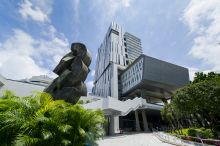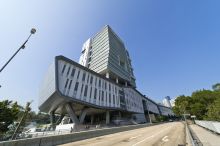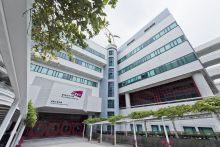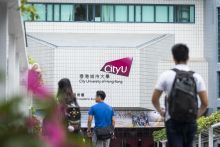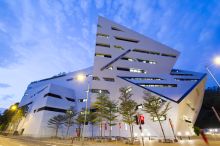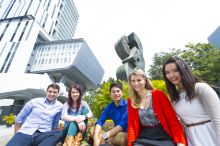Biomedical Engineering focuses on using engineering principles, techniques and design concepts for healthcare purposes. There is an increasing demand for education and development in the field to improve healthcare and quality of life. The demand has driven the need for developing professionals who will advance the evolution of modern healthcare system, treatment and technology. The Master of Science in Biomedical Engineering (MSBME) Programme aims to offer education and training opportunity to engineers to pursue higher-level study in biomedical field to promote engineering to future healthcare applications.
Programme Intended Learning Outcomes (PILOs):
- EXPLORE appropriate scientific and technological development in healthcare related industry that is of benefit to the society;
- ADDRESS the issues and challenges related to the development of biomedical instruments, systems and devices;
- APPLY state-of-the-art technologies to generate creative solutions to improve healthcare products by using biomedical approach;
- APPLY knowledge of designing, implementing, manufacturing and evaluating equipment that can advance biomedical engineering practice.
